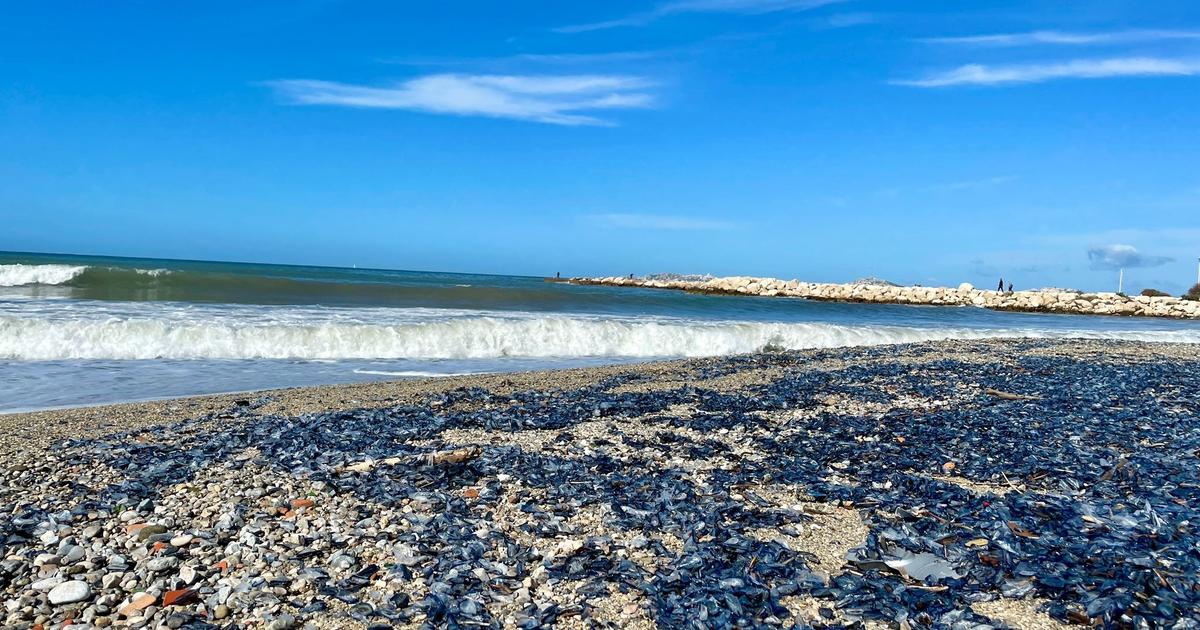Sardines, a staple of our cupboards and barbecues, is it about to disappear?
In the Gulf of Lion in any case, the holds suddenly collapsed.
“Before 2008-2009, we fished 15,000 tonnes in the Mediterranean per year.
From now on, we bring back less than 1000 tons ”, breathes Bertrand Wendling, director of the fishing cooperative of Sète (Hérault).
However, schools of this pelagic species still seem to be numerous.
The reason then?
Sardines (but also anchovies) have become much smaller.
"But if they are too much, they are no longer sold," laments the boss fishermen.
"Individuals no longer want them, because they fall through the barbecue grills", specifies Bertrand Wendling.
As for the preservers, they do not want to condition these XS models.
“It would be too expensive in terms of labor, because you have to put twice as many fish in each box.
The fishermen therefore called on researchers from the French Institute for the Exploitation of the Sea (Ifremer) to the rescue in an attempt to understand this strange phenomenon.
The conclusion was unveiled this week.
Natural predators exonerated
Scientists have been studying the question for almost ten years. "During our first study, we noted on the one hand that these fish grow less quickly and on the other hand that we can no longer find an individual of more than 2 years old", describes Claire Saraux, researcher at the CNRS who has participated in this work. However, sardines can live up to 7 years and, in theory, continue to grow until they die. By dint of analysis, scientists have concluded that neither fishing nor natural predators such as bluefin tuna (which is doing well) nor a possible virus can explain the phenomenon of slender sardines.
Once the usual suspects had been ruled out, the same teams therefore took a close interest in the diet of this little fry that had become too small.
By opening the stomachs of sardines, they noticed that the plankton on which they exclusively feed is smaller and smaller.
So what ?
In the laboratory, the researchers were surprised to find that the size of the food changes everything: "A sardine that receives small food must have a double portion to grow as much as one of its congeners who had exactly the same. dose but in the form of large food!
»Claire Saraux is surprised.
Plankton too small to feed them well
In fact, sardines are able to adapt to the foods available.
When the planktons are large enough, they swallow them up;
when they become too small, they absorb them by filtering them.
They must then move two to three times more, which exhausts them.
By numbing them, and closely monitoring the body condition index (the equivalent of our human BMI), the researchers believe that all these efforts could explain the disappearance of sardines over three years old, which die for lack of reserve afterwards. the reproduction.
Read alsoEight out of ten fish do not come from sustainable fishing
If the microalgae are more and more puny, it is linked to global warming have also demonstrated the researchers.
“There are a lot of parameters, comments Claire Saraux.
The water is warmer, the currents have changed.
There is for example a lot more wind which mixes the water column.
"
More surprisingly, the better filtration of wastewater in the Rhône (by reducing the concentrations of nitrogen phosphate) is also responsible for the decrease in nutrients that flow into the Gulf of Lion.
Will the trend be reversed?
Will we one day find sardines of normal size in this part of the Mediterranean?
Not sure.



/cloudfront-eu-central-1.images.arcpublishing.com/prisa/DBT2OEOLXBGZTLYKDBM2FWSJNM.jpg)




